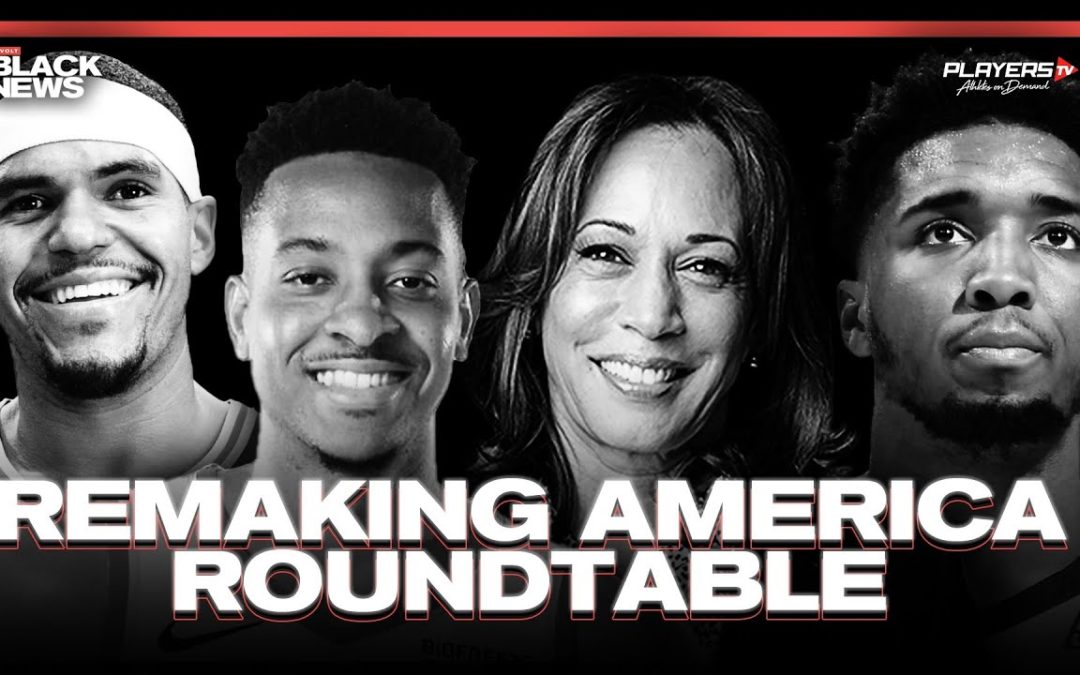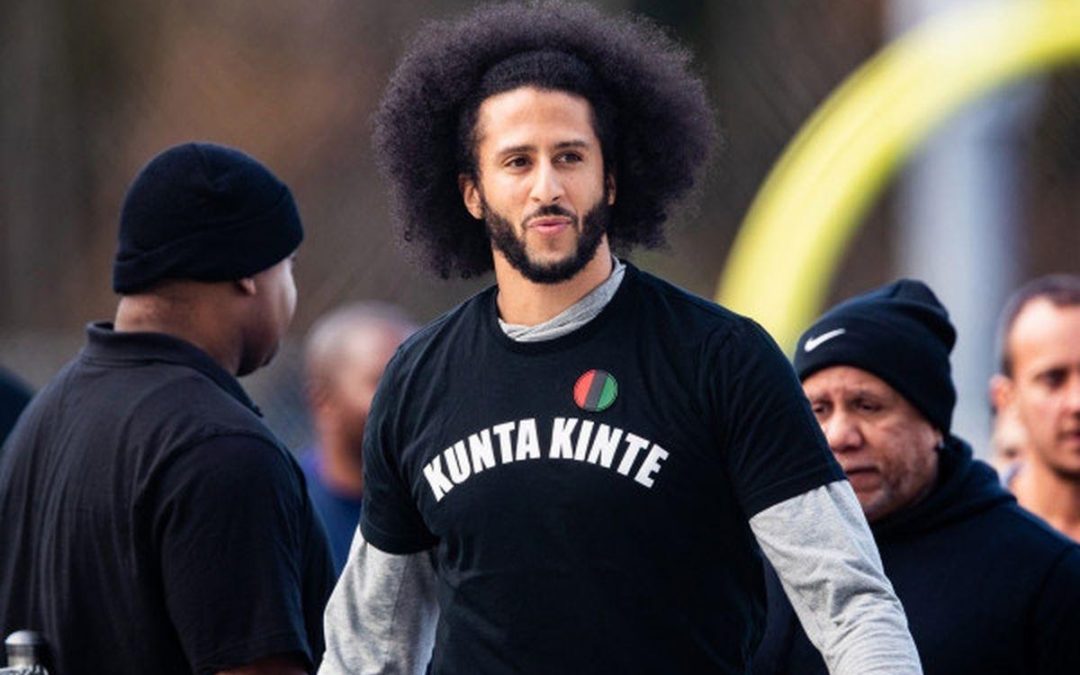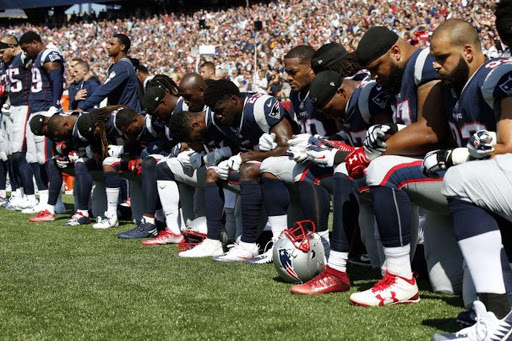
by Laghe Andrews | Dec 13, 2023 | Latest, Social Justice |
Photo by Mayer Tawfik on Unsplash
In a society where racial equality and social justice are at the forefront of discussion, allegations of racial discrimination are serious and can have severe consequences. This article examines the case of a well-known US crane operator, TNT Crane & Rigging, which found itself in hot water over accusations of racial discrimination, harassment, and retaliation.
The Accusations
Four African-American employees at TNT Crane & Rigging came forward with claims of racial discrimination and harassment. The victims, namely Edwin Crayton, Lorenzo Smith, Freddie Campbell, and Jason Pradia, reported experiencing racial slurs and witnessing hate symbols at their workplace.
“The EEOC will continue to robustly enforce the law to ensure equal opportunity in the construction industry, and every industry.” – EEOC Chair Charlotte A. Burrows
The Lawsuit
In response to these serious allegations, the U.S. Equal Employment Opportunity Commission (EEOC) filed a lawsuit against TNT Crane & Rigging in August. The federal agency stated that the complaints and evidence presented by the four employees were sufficient to warrant a formal legal investigation into the company’s practices.
The Alleged Incidents
Some of the incidents reported by the employees include demeaning comments, offensive nicknames, and even physical threats. Lorenzo Smith, a crane operator, recalled an episode where a field manager used a racial slur when Smith requested additional help for a task. Similarly, truck driver Freddie Campbell discovered that his colleagues had given him a racially offensive nickname, while Jason Pradia, a rigger, shared that a white coworker had made a racially charged comment about his work ethic.
The Retaliation
The situation escalated when the employees reported these incidents to the management. Instead of receiving support, they claimed they were met with retaliation. Alleged acts of retaliation ranged from threats and physical assault to damage of personal property, such as flattening of tires.
Witness Testimonies
Interestingly, it wasn’t just the victims who reported these incidents. A white employee, Nathan Cook, also claimed to have witnessed the harassment. Upon reporting it, he too faced retaliation, including physical assault and derogatory labels.
EEOC’s Role in the Matter
The EEOC, which specializes in enforcing federal laws that make it illegal to discriminate against a job applicant or an employee, has taken up this case with the aim of ensuring equal opportunity in the construction industry.
The Impact of the Case
This case has brought to light the disturbing reality of racial discrimination and harassment in the construction industry. As the industry experiences a boom due to federal investments, it is crucial that companies foster a work environment that is free from discrimination and harassment.
The Road Ahead
As the legal battle unfolds, it is clear that this case has far-reaching implications. It serves as a stark reminder to all industries about the importance of creating a racially inclusive and respectful workplace.
Conclusion
The lawsuit against TNT Crane & Rigging emphasizes the role of regulatory bodies like the EEOC in ensuring a discrimination-free workplace. It also highlights the importance of standing up against racial discrimination and fostering a culture of respect and equality.
This is a developing story, and we will bring you updates as they unfold.

by Jonathan P-Wright | Jun 27, 2023 | Latest, Social Justice |
Naga11 / Shutterstock.com
Twitter users and social justice advocates are expressing their opinions after Elon Musk, the prominent figure associated with the platform, declared a ban on the use of terms like “cis” and “cisgender.” In a tweet issued on June 20, Musk proclaimed that these words would be regarded as slurs on the social media app. The announcement, known for his history of stirring controversy, sparked a wave of discussions and debates among Twitter’s diverse user base.
In a surprising move, Elon Musk, decision to categorize “cis” and “cisgender” as slurs has generated a significant response from the online community. Twitter, known for being a platform that fosters open dialogue, is now grappling with questions surrounding the boundaries of language and the impact it can have on marginalized groups.
The tech mogul’s tweet on June 20 instantly triggered an uproar on the microblogging app, as users from various backgrounds voiced their concerns about the implications of such a ban. While Elon Musk, intention may have been to promote a more inclusive online environment, the decision has stirred controversy and ignited discussions on free speech and the role of platforms in regulating language.
Critics argue that labeling “cis” and “cisgender” as slurs undermines the efforts of the LGBTQ+ community in reclaiming and affirming their identities. They assert that these terms are essential in addressing and understanding the experiences of individuals whose gender identity aligns with their assigned sex at birth. Many argue that banning these terms erases important discussions surrounding gender and perpetuates a culture of ignorance.
Supporters of Musk’s decision, on the other hand, maintain that it is a step towards fostering a more respectful and inclusive online space. They say calling people “cis” or “cisgender” in a mean way is bad for trans folks. They think we need to stop the hate speech to help them and make things fair.
The ongoing debate has prompted discussions about the power and responsibility of social media platforms in shaping public discourse. While some argue that it is crucial for platforms to take a stand against harmful language, others raise concerns about the potential for censorship and the impact on freedom of expression.
As the controversy unfolds, it highlights the need for thoughtful dialogue and consideration when navigating the complexities of language in the digital sphere. The clash between differing perspectives reveals the challenges faced by platforms like Twitter in balancing inclusivity, freedom of speech, and the protection of marginalized voices.
In conclusion, Elon Musk’s recent decision to ban the use of “cis” and “cisgender” on Twitter has sparked a heated discussion on language, identity, and the role of social media in shaping public discourse. The controversy surrounding this move underscores the ongoing tensions between fostering an inclusive environment and safeguarding freedom of expression. As the debate continues, it remains to be seen how platforms and users will navigate these complex issues in the pursuit of a more equitable online landscape.

by Jonathan P-Wright | Nov 7, 2020 | Latest, Social Justice |
PlayersTV and REVOLT present a roundtable discussion with Senator Kamala Harris and NBA stars Donovan Mitchell and Tobias Harris about social justice, the election, and what it means to “remake America.

by Jonathan P-Wright | Sep 17, 2020 | Social Justice, Latest |
The police shooting of Jacob Blake has led to the NFL taking several steps to address the issues with the current system and seeking social justice reforms across the NFL

by Jonathan P-Wright | Sep 4, 2020 | Worldwide News |
Social justice messages will be painted by NFL in end zones prior to their upcoming 2020 season. Reportedly, NFL Commissioner Roger Goodell confirmed that ideas such as “End racism” and “It takes all of us” will be painted on the fields.








RECENT COMMENTS